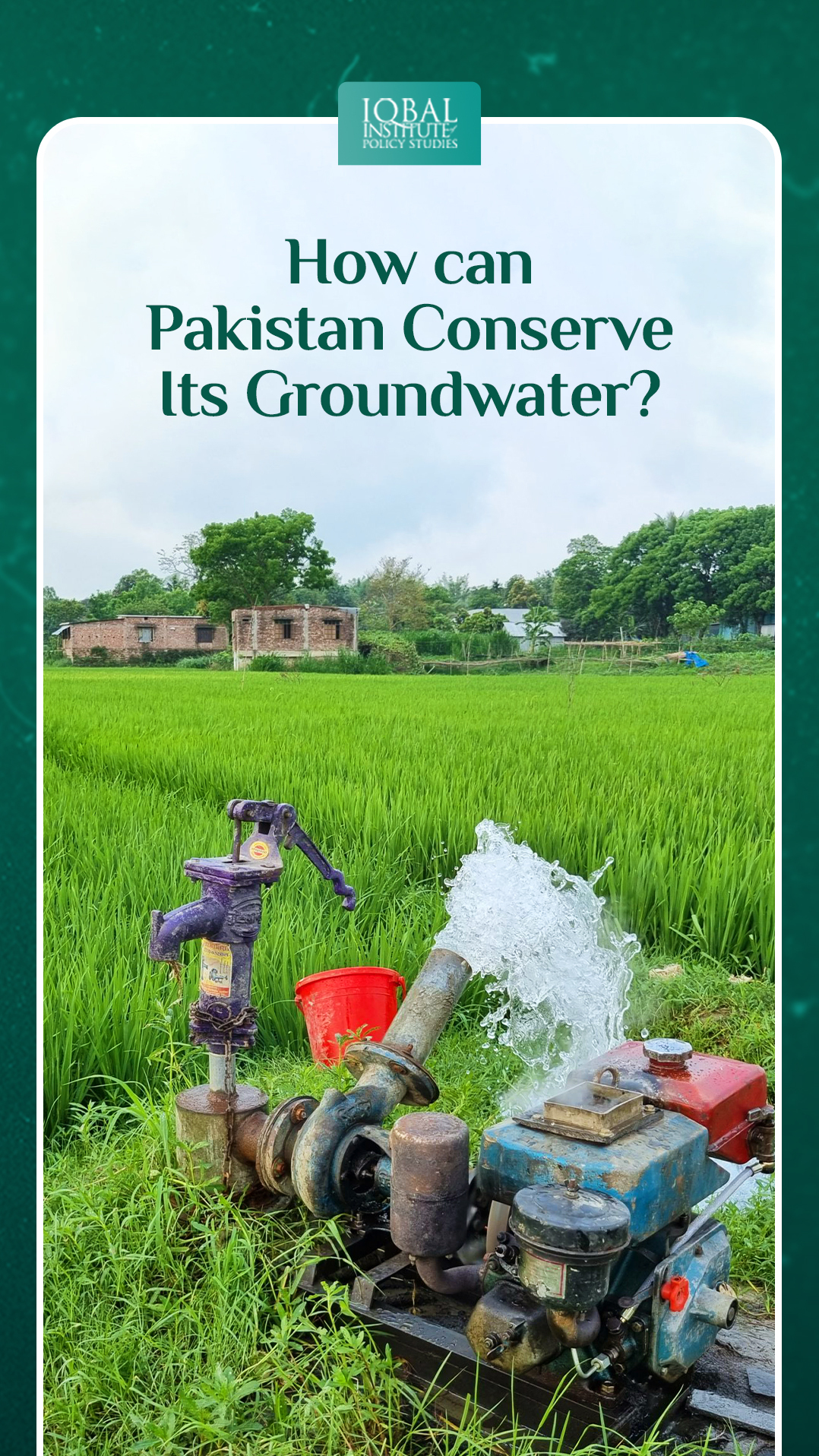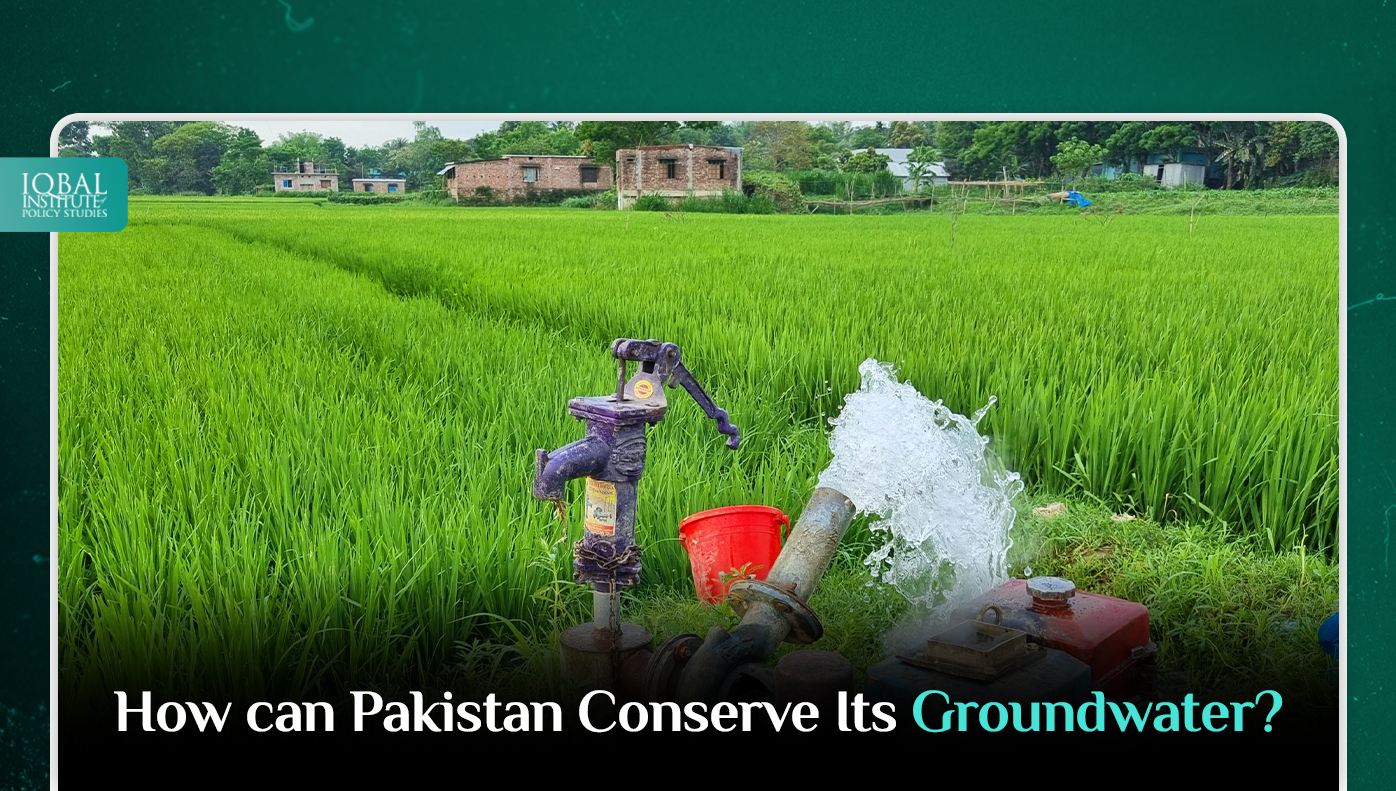Global economic and demographic expansion is pushing groundwater, a formerly “invisible resource,” into the spotlight. It is an essential water supply for humanity and a nation’s most important natural resource because it is crucial to both the environment and the economy. Groundwater supports agriculture and ecological processes in water bodies, supplies water for industries, and helps ensure human sustainability. However, the primary drivers behind the intensive groundwater use are the depletion of surface water resources and the need to increase the irrigated area to supply more food for the world’s expanding population. As a result, groundwater reservoirs are drying up at a fast pace. The poor are disproportionately affected by groundwater shortage and pollution in developing countries because they frequently cannot keep up with dwindling groundwater levels or locate alternate sources when their groundwater resource is polluted. Therefore, the government must take effective measures through intelligent policies to conserve groundwater. Improved groundwater management can boost its role as a life-sustaining resource and prevent water scarcity in the future.
The Situation of Groundwater in Pakistan
In Pakistan, groundwater is key in improving communities’ livelihoods and industrial and agricultural output. Groundwater supplies 90% of domestic water in rural areas of Pakistan, 70% of domestic water nationally, and over 50% of agricultural water (The World Bank, 2021). Groundwater is crucial in reducing the effects of rainfall and increasingly erratic canal water supply. Despite Pakistan’s high dependency on groundwater, its deteriorating condition remains neglected, and the government has long failed to develop an evidence-based, sustainable groundwater management program. Moreover, overexploitation of groundwater is becoming a consequential issue that impacts about 18% of the irrigated area (The World Bank, 2021), as well as many urban areas, threatening the accessibility and quality of groundwater.
Furthermore, the population of Pakistan is increasing rapidly. To prevent water shortages and ensure food security for the expanding population, groundwater has played a critical role. However, intense human, agricultural, and industrial activities contaminate groundwater reservoirs. Moreover, poor groundwater governance, water logging, unregulated conjunctive use, and poor water management and drainage system deplete the groundwater and cause challenges for groundwater management. There is no mechanism for regulating groundwater use in Pakistan, and groundwater rights are not protected under legislation. Anybody with land and sufficient financial resources can install a tube well on their property and abstract any amount of water at any given time without considering safe yields. It has become a pumping arms race; the person with the biggest pump usually wins.
When discharge exceeds recharge, groundwater storage becomes exhausted. Although climate variability and climate change may be factors, intensive abstraction is the main cause of long-term groundwater storage depletion. Groundwater depletion is concentrated in several areas within the provinces, particularly in parts of Punjab and Baluchistan. For example, Punjab’s average groundwater balance (BCM) is 45.0, 22.7 BCM in Sindh, 3.9 BCM in KPK, and 2.6 BCM in Baluchistan (World Bank Group, 2019). The details are shown in the figure below.

Groundwater is one of the most neglected resources in the country. Pakistan’s groundwater abstraction rates exceeded the annual recharge rate of 55 cubic kilometres per year (Watto, 2018). The government should take immediate action to prevent excessive groundwater extraction and contamination through proper management systems and effective national water policy. Public knowledge and awareness regarding its conservation is also a need of time. Such measures will cater to the needs of the massive population and ensure economic productivity in the long run.
Ways to Conserve Groundwater
Resilient Groundwater Monitoring Model
Groundwater must be monitored in quantity and quality over time to learn about the behaviour and condition of aquifers and identify potential negative changes such as over-abstraction, reduced recharge, and pollution. Early detection of problems can be extremely cost-effective, allowing mitigation measures to be implemented before serious deterioration of the resource occurs. Moreover, the data collected should be accessible to all and utilised to raise awareness among the general public regarding its conservation and sustainable use. The resilient groundwater monitoring model will help determine sustainable groundwater potential, prepare groundwater budgets for sub-basins and canal commands, and assess the saline groundwater interface’s lateral and vertical movement.
Groundwater Management Policy and Planning
Pakistan lacks management systems and effective policies which execute groundwater conservation and monitoring. Groundwater policy should be based on the legal status and nature of groundwater ownership (public or private), as well as factors such as water users, interrelated surface water features, and land uses in aquifer recharge areas. It should also allow for integrated decision-making for groundwater resources and aquifer systems, as well as a link to other sectors and domains of society besides the water sector, such as poverty alleviation, socio-economic development, climate change, human health etc. Furthermore, based on scientific evidence, policies and strategies must be contingent on the priorities and needs of the local population.
Deployment of Groundwater Management Tools
The implementation of groundwater management tools depends on the legal establishment and institutional structures that confer authority for their use and enforcement. However, not all management is carried out by the government. Communities or groundwater consumers may independently opt to maintain well siting and groundwater abstractions. Groundwater management tools can help conserve the water through vulnerability mapping, developing groundwater protection zones and land use planning. Moreover, Managed aquifer recharge (MAR) approach can be used to allow the replenishment of aquifers to complement storage dams and provides a cost-effective alternative that minimises evaporation and environmental impacts.
Transboundary Aquifer Management
Transboundary aquifers include a natural subsurface path of groundwater flow crossing an international boundary. Heavy abstraction or contamination of the aquifer in one country can significantly impact the other side of the border. Therefore, coordinating, harmonising and sharing data through cooperation between neighbouring countries is essential in formulating management plans. Such considerations into transboundary collaboration generate opportunities for more socially equitable groundwater management.
Financing Groundwater Development Infrastructure
Governments must evaluate and recognise their potential role in promoting the conservation of groundwater resources in compliance with existing conditions while also making optimal use of limited financial resources through targeted initiatives. The government budgets should fund groundwater monitoring and related operating and maintenance costs and leverage private investment by funding initial exploratory and management initiatives. Also, activities in various sectors may lead to the exhaustion or pollution of groundwater resources, such as subsidies in the energy sector that incentivise the over-extraction of groundwater by reducing electricity charges or agricultural subsidies that encourage crops with high water demands can become perverse incentives. Therefore financing by the government should include reforming harmful subsidies and aligning them with groundwater policies.
Conclusion
Groundwater is a reliable and valuable resource, crucial for human welfare and development. In many countries, it is the primary water source for drinking, irrigation and industry. However, groundwater resources are under increasing pressure due to intense human activities. The government lacks effective policies and shows negligence in conserving this invisible resource. The depletion of groundwater has now become a global issue. Therefore governments must work together to conserve and manage groundwater constructively as it provides a buffer to climate vulnerability and acts as a storage during droughts.
References
The World Bank. (2021, March 25). Retrieved from https://www.worldbank.org/en/news/feature/2021/03/25/managing-groundwater-resources-in-pakistan-indus-basin
Watto, M. A. (2018, January 15). DAWN. Retrieved from https://www.dawn.com/news/1382878
World Bank Group. (2019, January 1). Pakistan: Getting More from Water. Retrieved from https://openknowledge.worldbank.org/handle/10986/31160



Leave a Reply